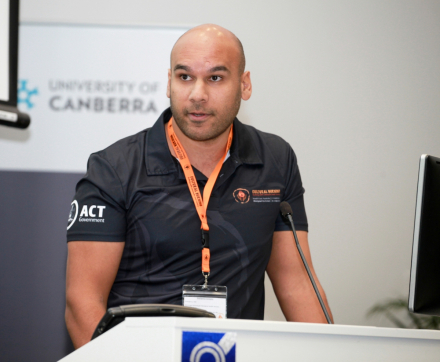Indigenising Masculinities

Masculinities, as a field, has struggled to think beyond Euro-western informed theories of men and manhood. Connell identified this ‘startling ethnocentrism’ in masculinities literature and thought it remarkable that the study of men ‘be so incurious about other civilizations and periods of history’ (Connell, 1993, p. 600).
In response, the field of Indigenous men and masculinities has recently emerged. Focusing on the construction and expansion of imperialists’ gender roles, Indigenous masculinities formulates a social and cultural theory of masculinities, based in global Indigenous thought. Indigenous masculinities critique a hegemonic masculinity imposed upon and internalized by many Indigenous men. However, in developing a theory that is based almost solely on understanding the impact of masculine identities imported from European centres of empire, the emerging field of Indigenous masculinities restricts rather than liberates, philosophies of Indigenous masculinities. This is not to say this emerging field does not make valuable contributions as indeed it does. Rather, it acknowledges that Indigenous masculinities requires further thought, including the development of Indigenous theories of masculinities. In this way, the field may overcome a culture of critique. Rather than moving away from colonised male identities, Indigenous men may be able to move toward their own culturally constructed philosophies of manhood. This PhD project addresses these missing elements.
This project will first ask: Who were men in these lands (Australia)? By developing place-based theories of masculine identities prior to invasion, this project seeks to identify the impact of colonisation on those identities. From here, subsequent questions can be answered including; how have male roles changed in Indigenous societies? And what male roles are most valued by Indigenous women? By tracking this journey of masculine identities this project will be able to ask, who are men in Indigenous communities today? And finally, where do those identities come from? In so doing, this project may address the narcissism of the colonial condition first identified by Fanon; that the black man’s blackness is defined only by the white man’s whiteness (1967). Can Indigenous men once again, simply be men, in their own land?
Bhiamie Williamson is a Euahlayi man from north-west NSW and south-west Qld with familial ties to north-west Qld. In 2014 Bhiamie graduated with a Bachelor of Arts (Hons) from ANU. In 2017 he graduated from the Masters of Arts in Indigenous Governance from the University of Victoria, BC, Canada and in 2018 he completed a Continuing Education Certificate in Indigenous Governance at the University of Arizona, AZ, USA. Bhiamie is a Phd candidate and Research Associate at the Centre for Aboriginal Economic Policy Research (CAEPR) at ANU.
This event is a Thesis Proposal Review run the Centre for Aboriginal and Economic Research Policy, ANU College of Arts and Social Sciences






